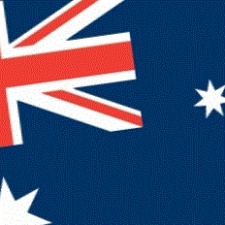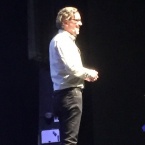There's a refreshing and uplifting vibe of progressive thinking and inclusivity amongst the Australian games industry.
Characters are colourful, diverse and wonderful. A different picture indeed to that of 10 years ago, when numerous large studios, from Sega to 2K, closed their doors on Australia following the stock market crash.
Rejuvenated sector
It’s a good feeling and a welcome tonic for the tiredness and heaviness known only to those who travelled across time zones to get there.
The Melbourne International Games Week plays host to a slew of events, from the industry focused Games Connect Asia Pacific conference to the consumer-facing PAX Australia.
Talks may have ranged from fun and charming to informative and relevant, but the tread of responsibility and kindness threaded itself through.
Here are the five lessons that stayed with us most.
Click here to view the list »
















